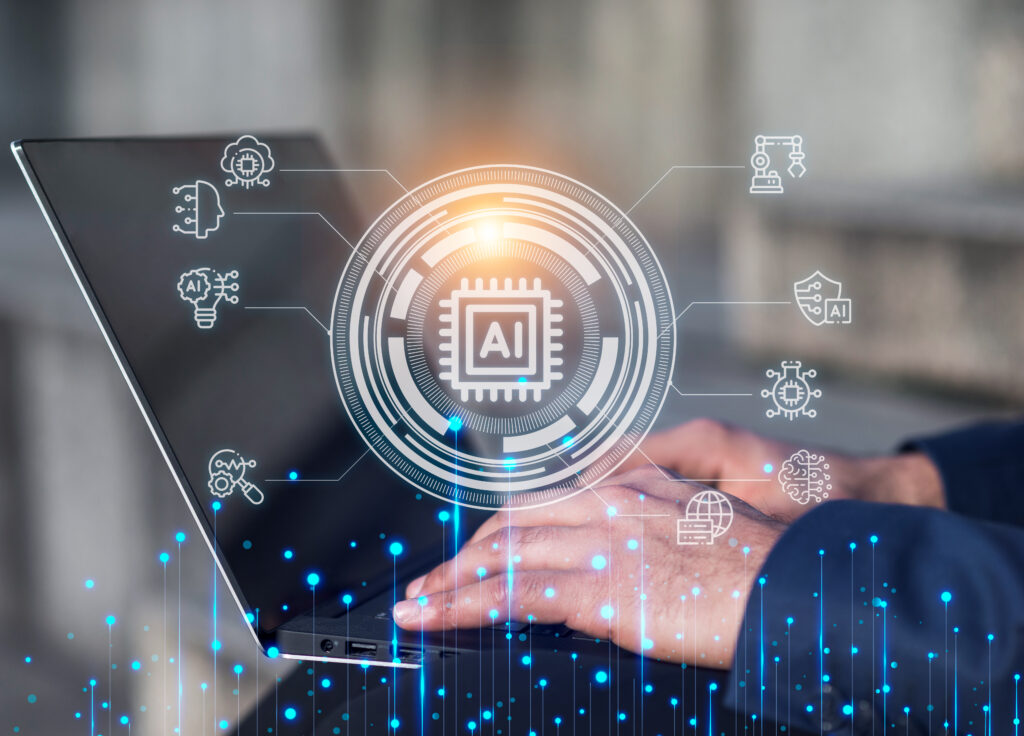
The rapid advancement of artificial intelligence (AI) and automation technologies is reshaping the global workforce landscape. For Generation Z, born into a digital age, adapting to this transformation is crucial for securing future employment opportunities.
Understanding the Impact
AI and automation are revolutionizing industries, streamlining processes, and altering job requirements. This shift demands a workforce with updated skill sets to remain competitive in the evolving job market.
Embracing Reskilling Initiatives
To thrive in the AI and automation era, Generation Z must proactively engage in reskilling programs. These initiatives offer opportunities to acquire new competencies and adapt to changing industry demands.
Integrating Technological Literacy
Educational institutions play a vital role in equipping Generation Z with the necessary skills for the future workforce. By integrating technology education into curricula, students can develop digital literacy and problem-solving abilities.
Exploring New Career Paths
The emergence of AI and automation opens doors to diverse career opportunities. Generation Z can explore roles in data science, robotics, and machine learning, leveraging their digital fluency to excel in these fields.
Cultivating Adaptability
In the dynamic landscape of AI and automation, adaptability is key to success. Generation Z must embrace continuous learning and adapt to evolving technologies to remain relevant in their careers.
Fostering Collaboration and Innovation
Cross-disciplinary collaboration is essential for driving innovation in the AI-driven economy. Generation Z can leverage their diverse skill sets to collaborate across fields and address complex challenges.
Nurturing Soft Skills
While technical proficiency is vital, soft skills such as communication and critical thinking are equally important. Generation Z must hone these interpersonal skills to thrive in collaborative work environments.
Conclusion
Reskilling Generation Z for the AI and automation era is imperative for building a workforce prepared to tackle the challenges and seize the opportunities of the future job market.

